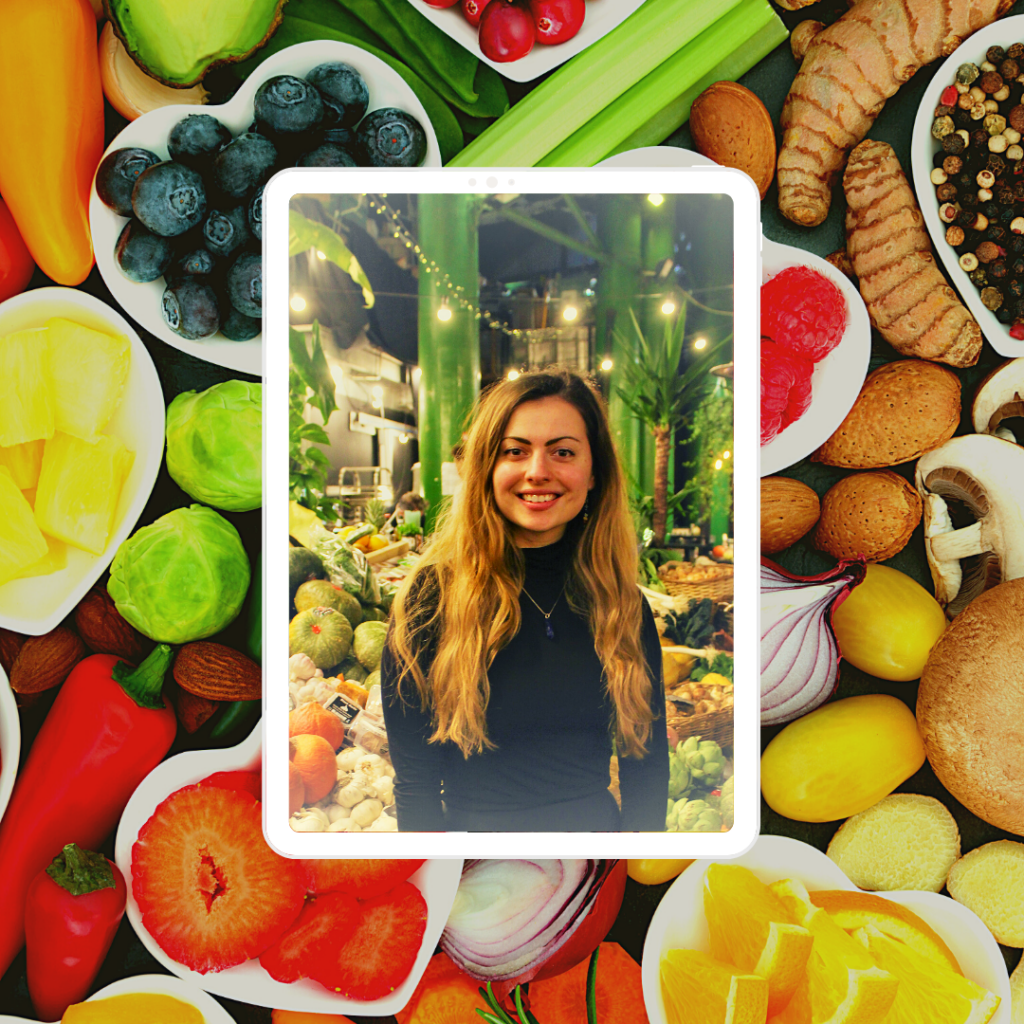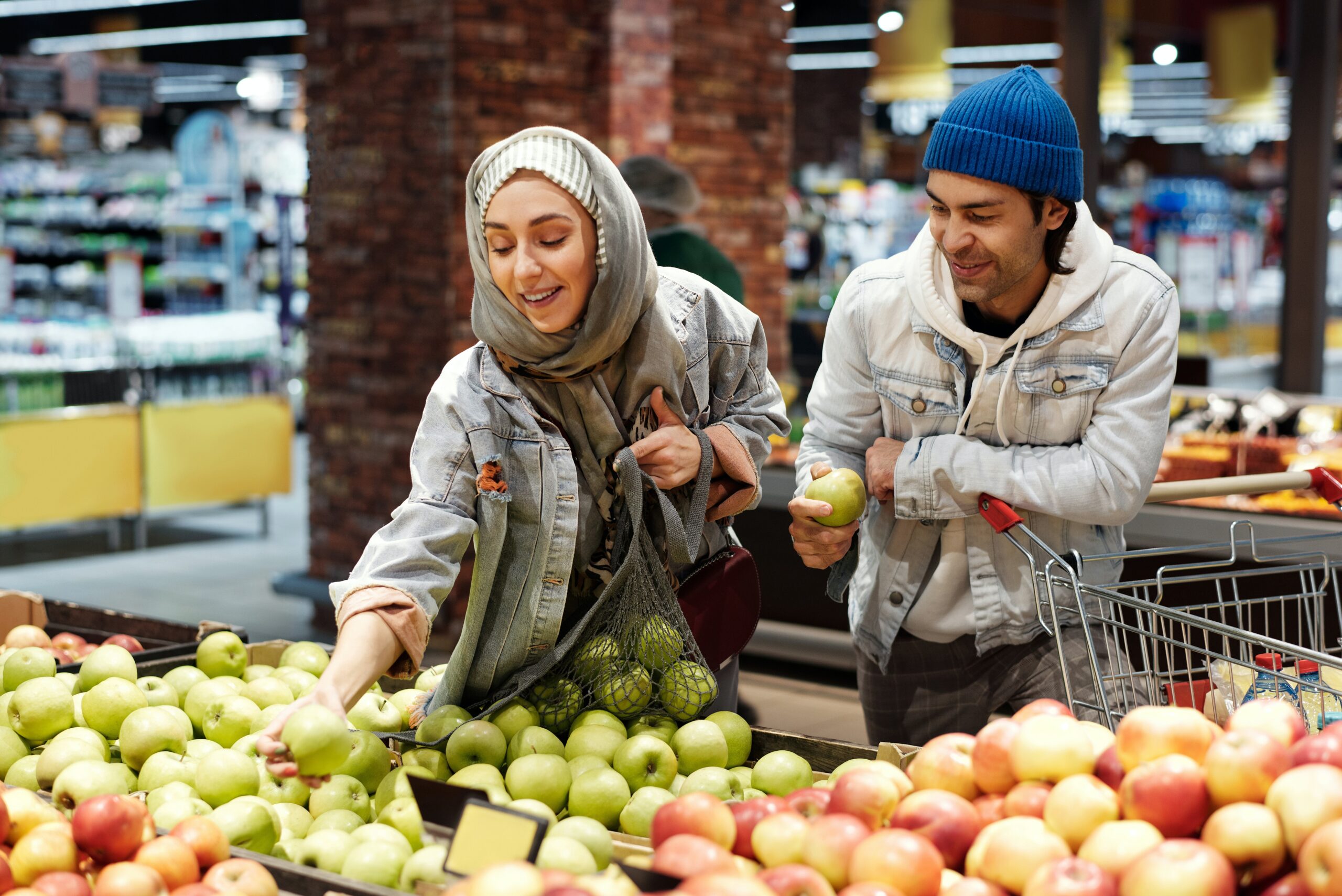
All of us probably heard that vegetables and fruits are very healthy. Have you ever thought, why are they so beneficial to us? I believe that by understanding the reasons, we can become more informed and empowered to make healthier choices. Research has shown that diets rich in fruits and vegetables can reduce the risk of heart disease and stroke, lower blood pressure, lower risk of eye and digestive problems, prevent some types of cancer, and may have a positive effect on blood sugar.
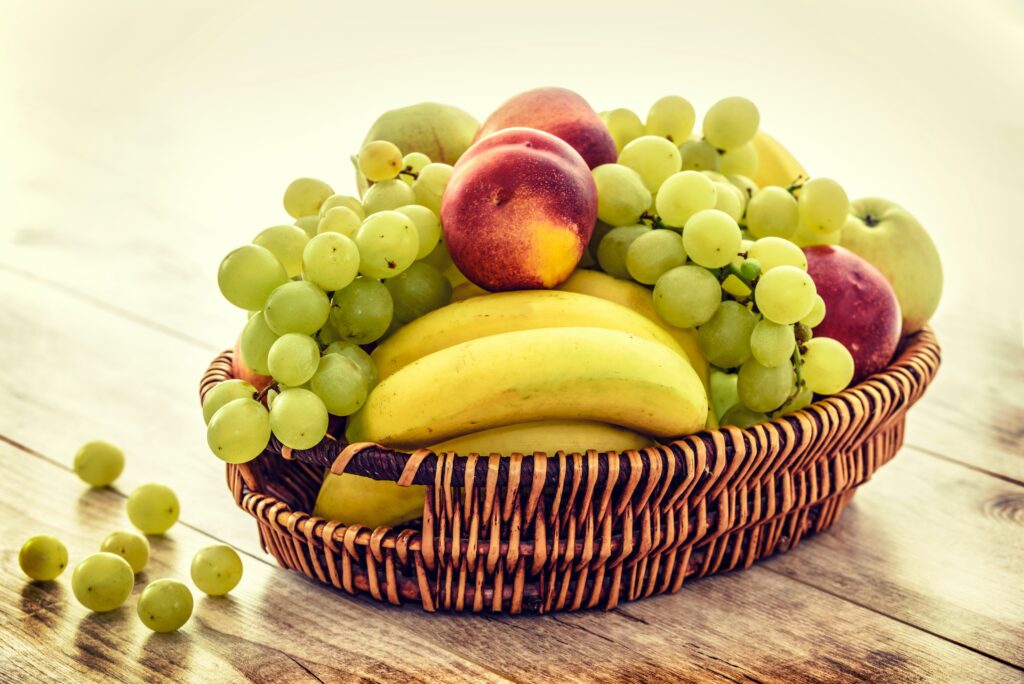
FRUITS
Fruits contain ripened seed or seeds and mostly edible tissue. They grow from the flowers of plants. Types of fruits: berry, citrus, stone, fleshy fruit… Did you know that some nuts are technically considered as fruit? Is tomato fruit or vegetable?
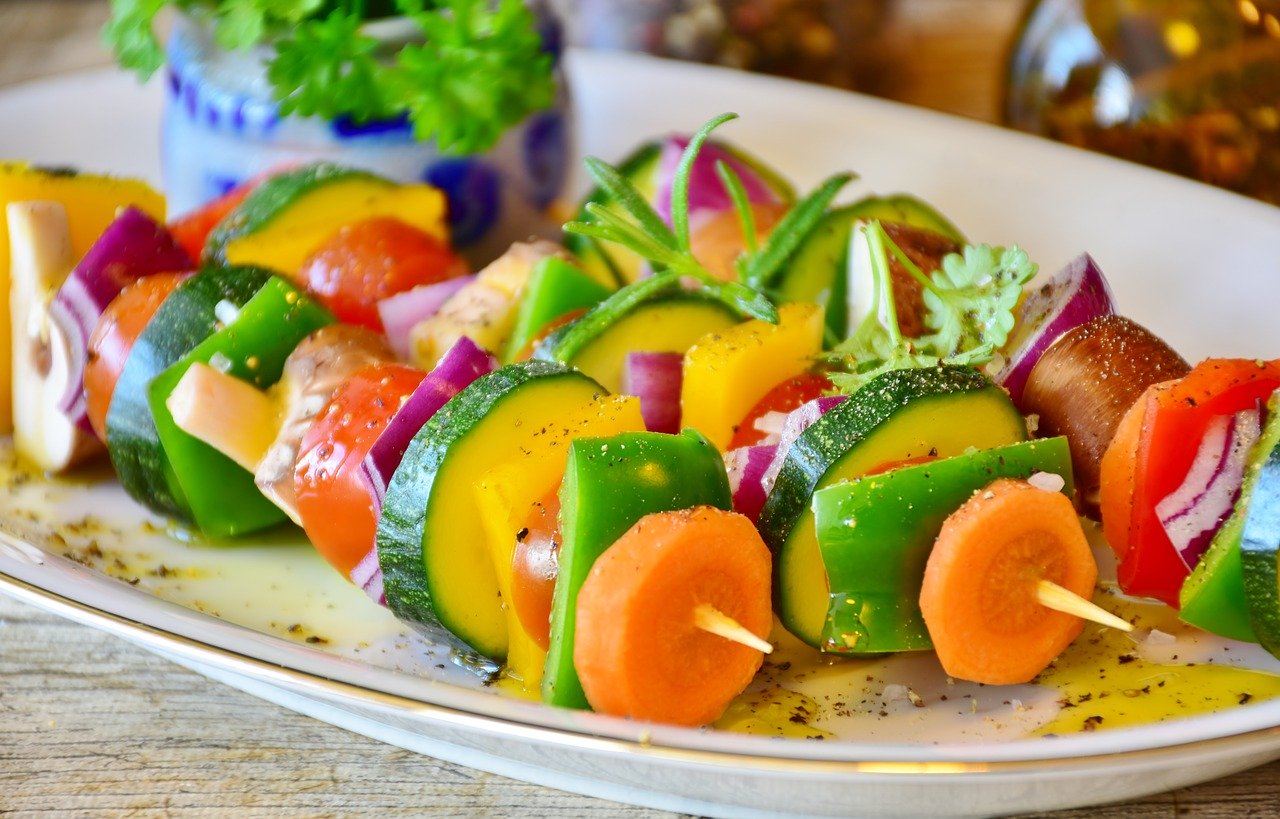
VEGETABLES
Vegetables are characterised as part of the plant used as food. Vegetables can be categorized as Tubers, for example, potato, yams, sweet potato.cassava.
Roots, for example, carrot, turnips, beetroot, radish. Leaves, for example, cabbage, spinach, lettuce, chard, greens. Bulbs, for example, chives, onions, garlic, leeks. Flowers: broccoli, cauliflower. Seeds, for example, corn, peas.
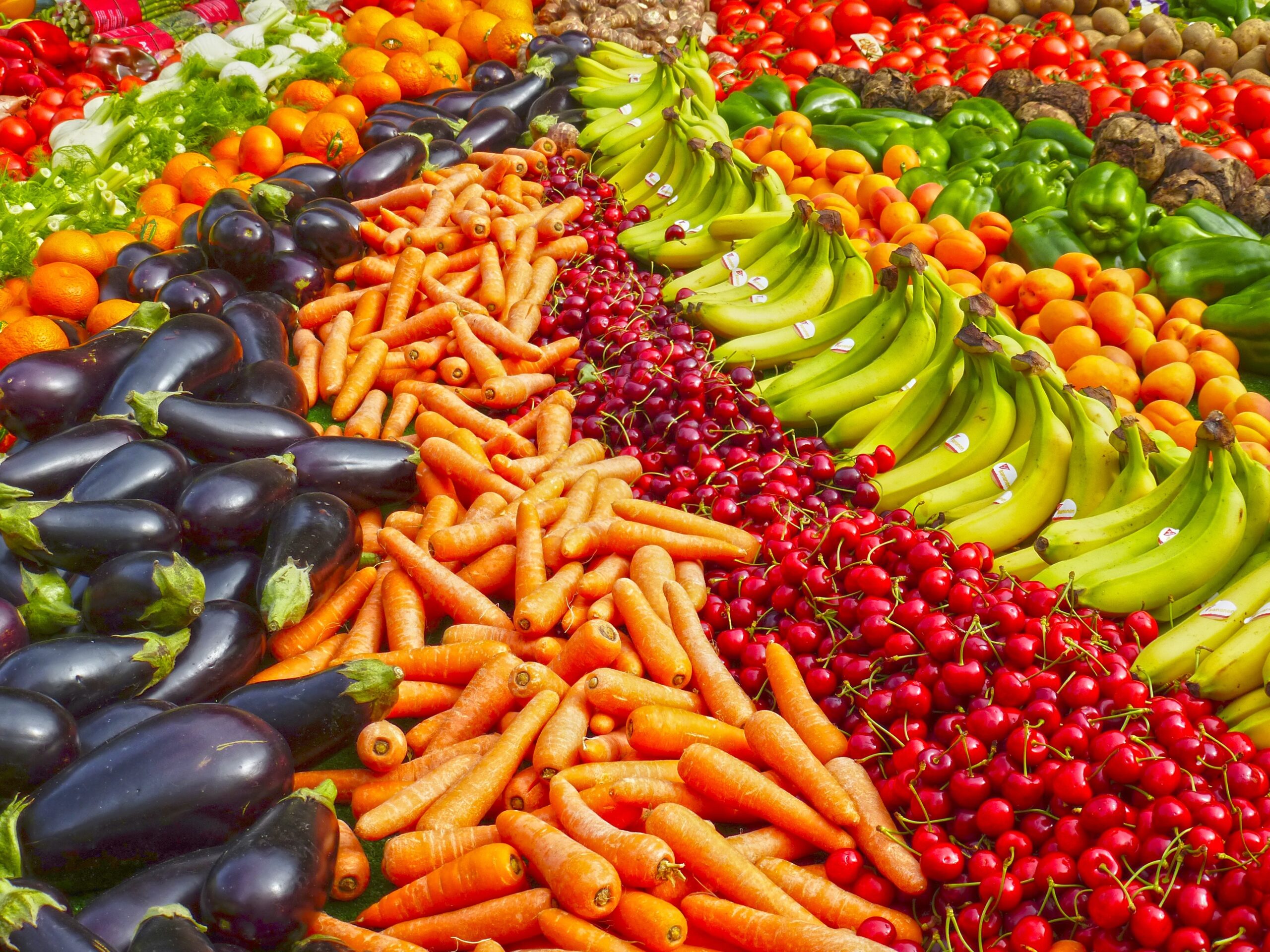
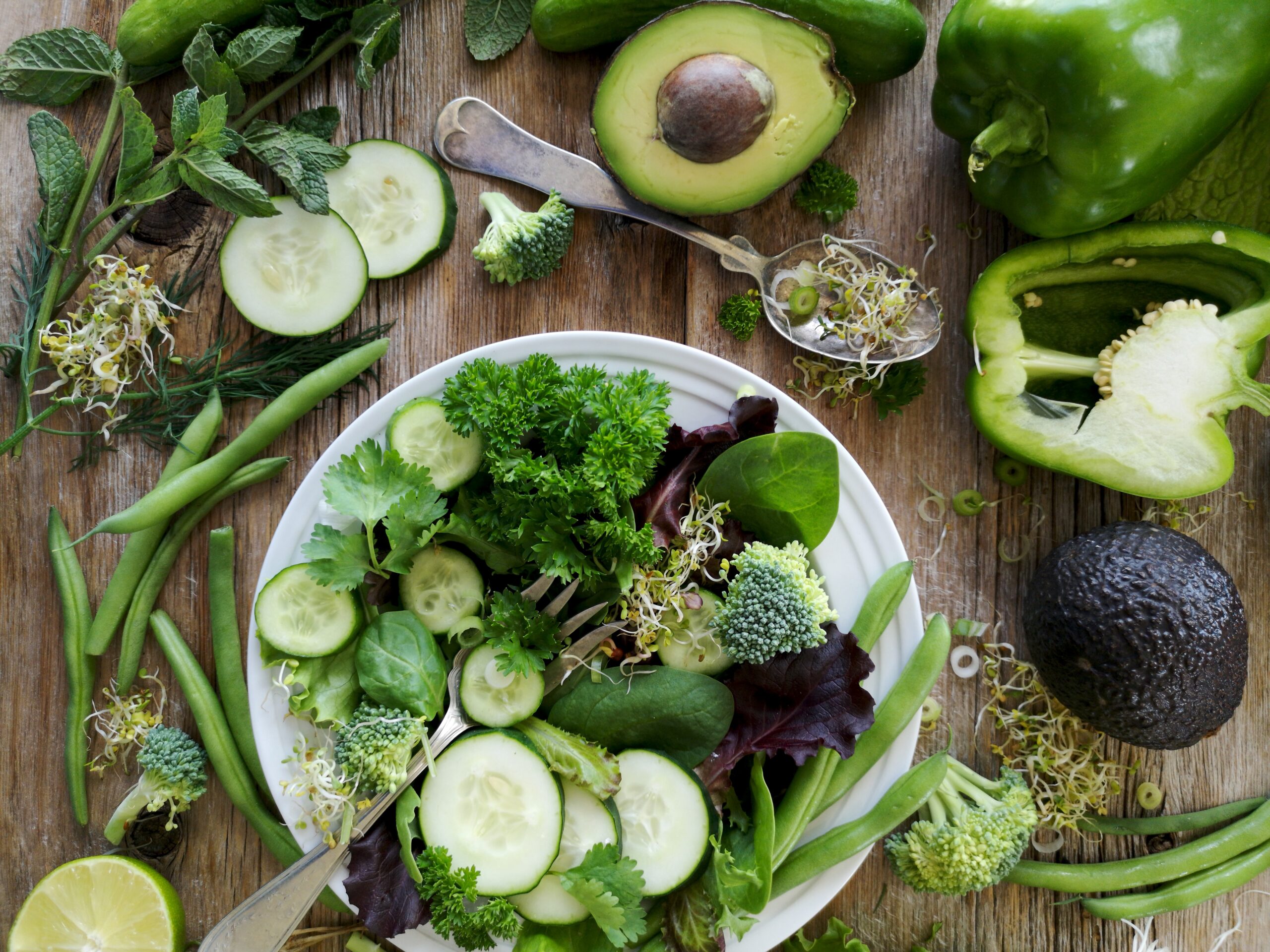
BENEFITS OF FRUITS AND VEGETABLES
- High in water and low in fat.
- Source of fibre.
- Contain varying amounts of minerals.
- Some provide Calcium and Iron.
- Good source of vitamins, especially vitamin C and some E. These help to protect our body against oxidative tissue damage caused by free radicals.
- Leafy vegetables are high in Folates.
- Yellow, orange, green, and coloured vegetables and fruits are important sources of carotenoids.
- High in antioxidants and phytochemicals.
TAKE HOME MESSAGES
Fruits and vegetables are essential components of a healthy and balanced diet.
They are nature’s“perfect” foods, which provide us with so many benefits. Remembering the variety and the amount eaten are essential, and they should be part of our diet every day!
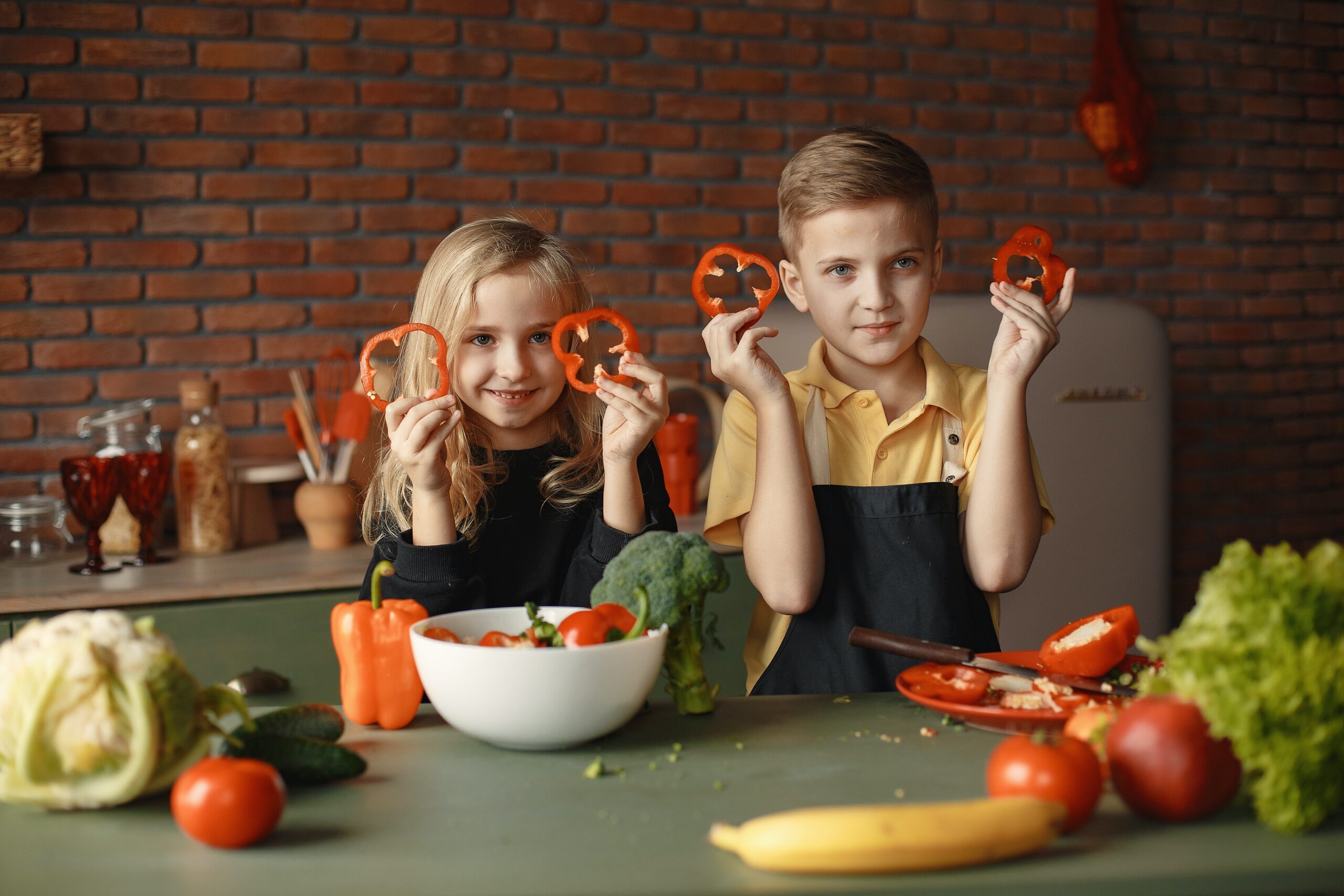
References:
1.https://www.gov.uk/government/publications/the-eatwell-guide
2.Hung, H.C., et al., Fruit and vegetable intake and risk of major chronic disease. J
Natl Cancer Inst, 2004. 96(21): p. 1577-84

